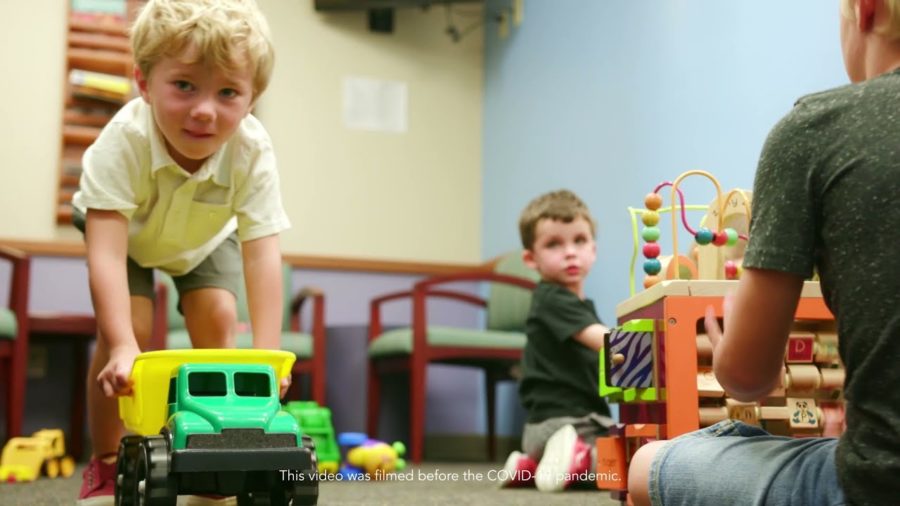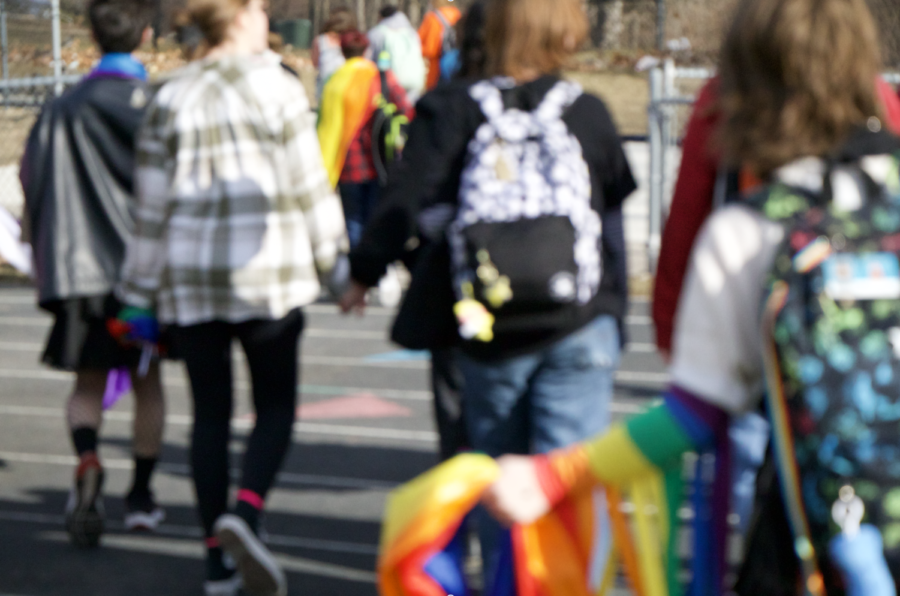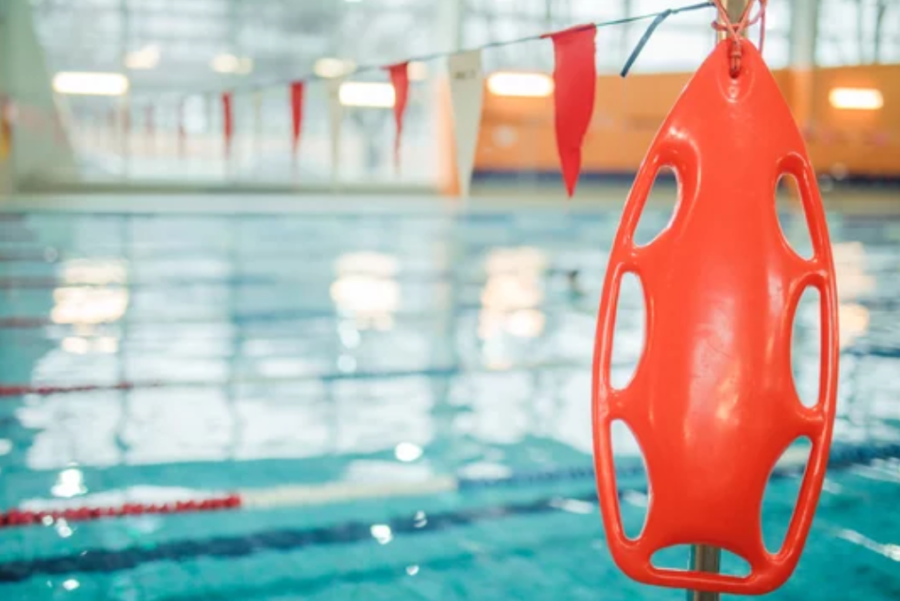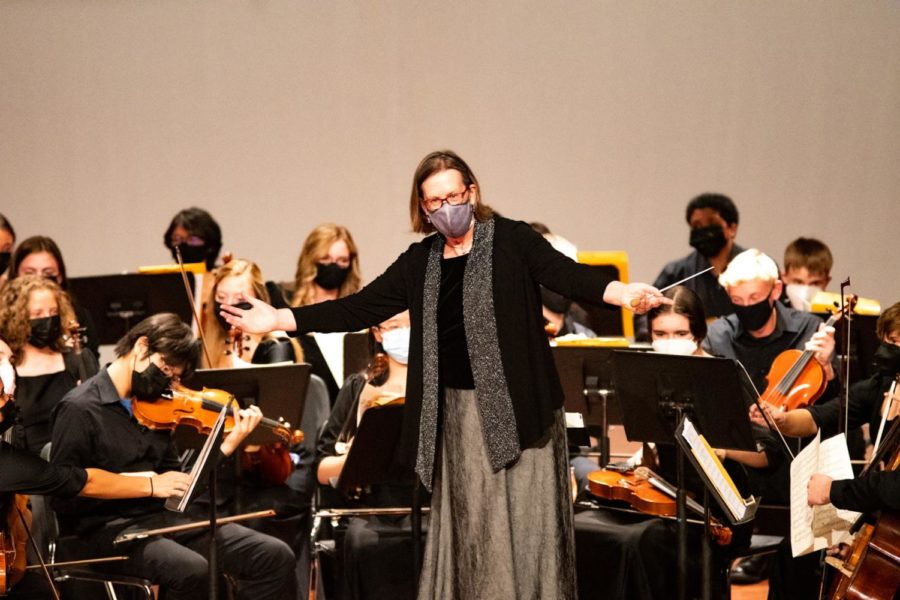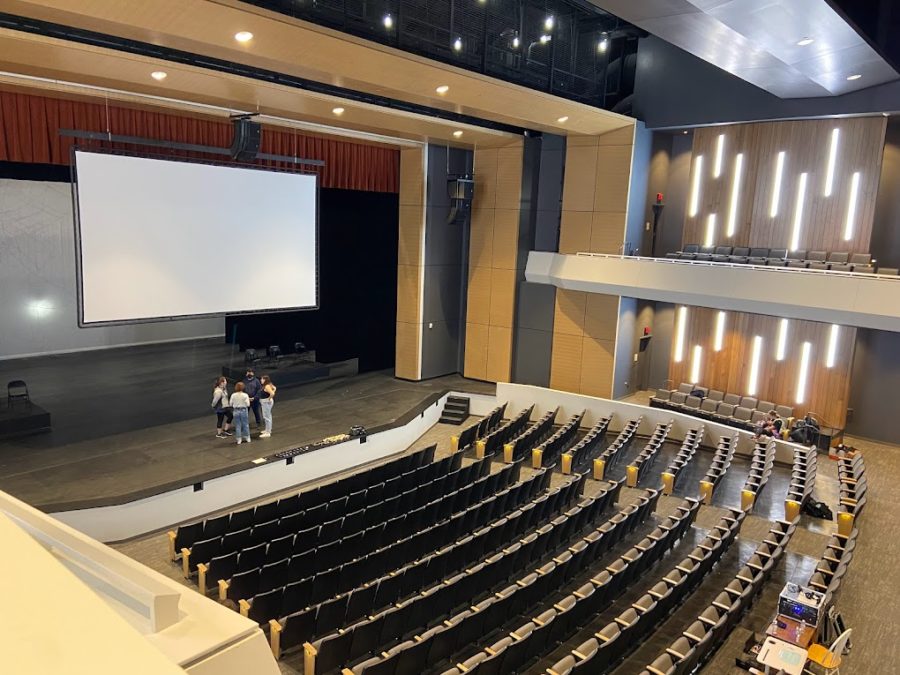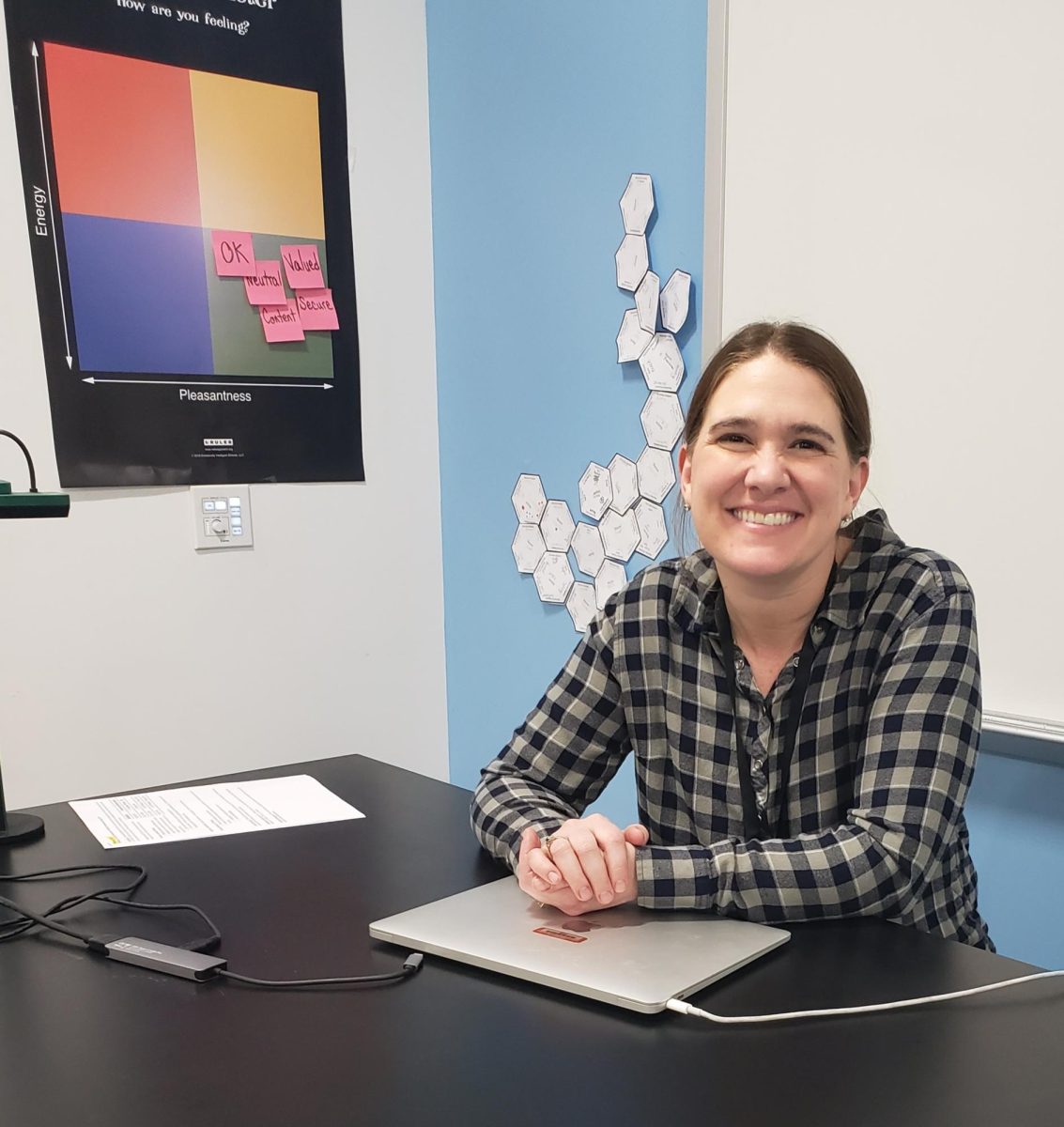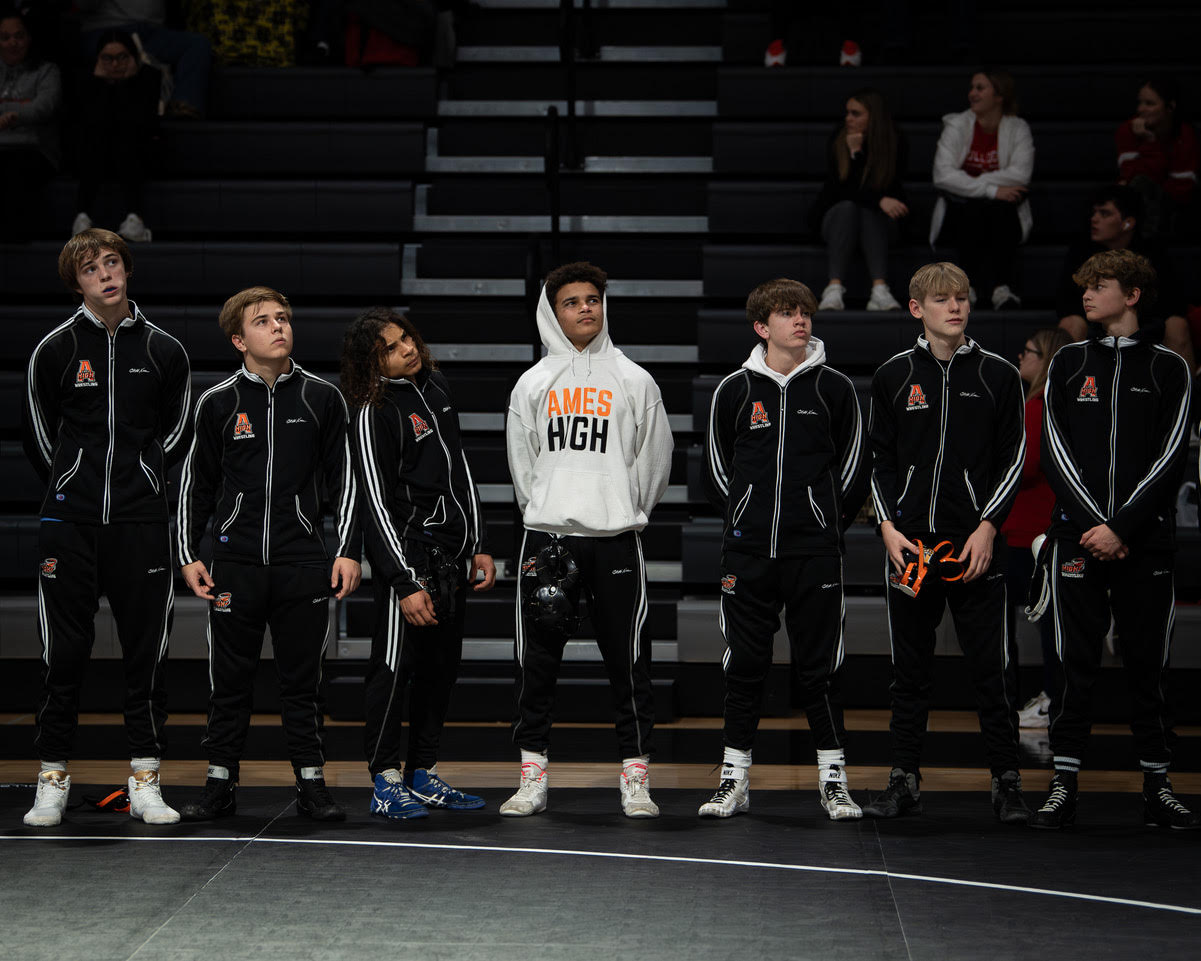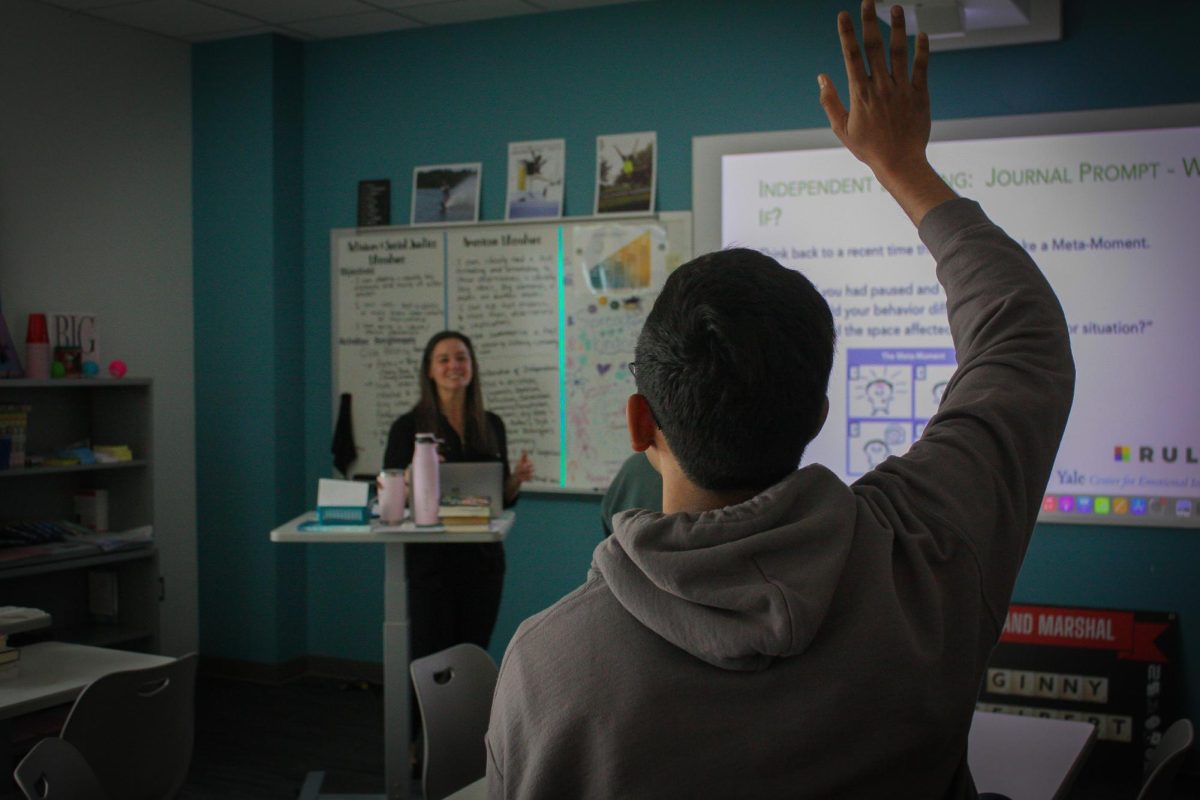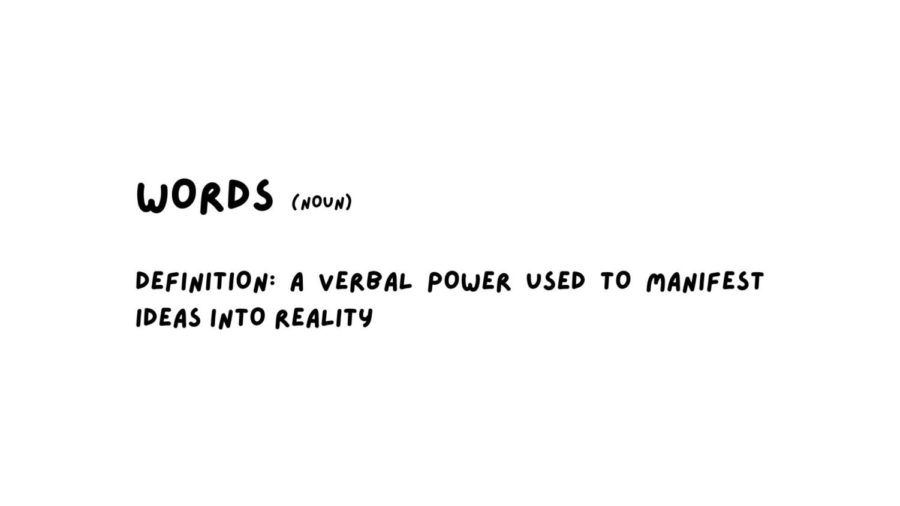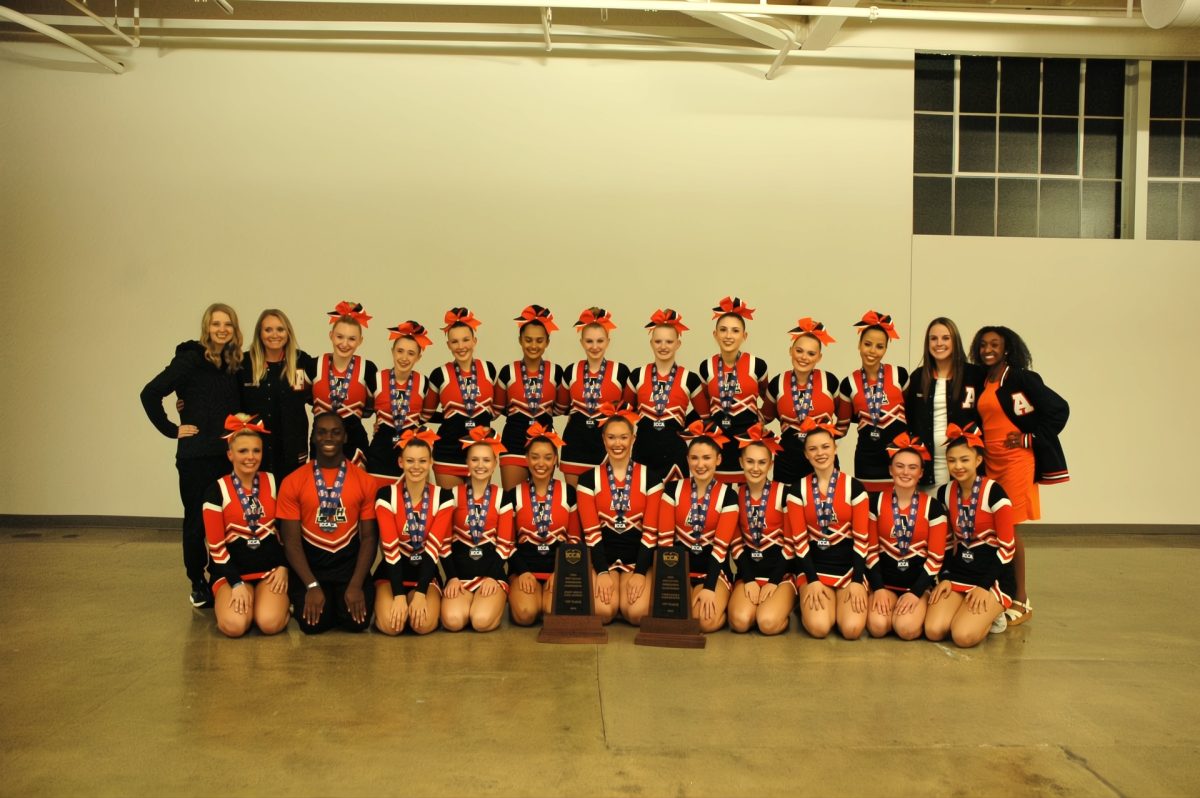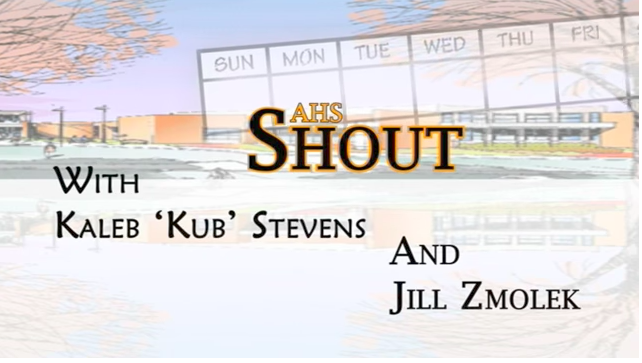Kathy Kelly, a 53-year-old, has lived quite the life. She has been nominated for the Nobel Peace Prize three times since 2000, been arrested twice and spent 12 months in prison, visited Iraq 22 times since founding Voices in the Wilderness in 1996, and written a book, Other Lands Have Dreams: From Baghdad to Pekin Prison. Kelly spoke in the Sun Room of the Memorial Union Feb. 14. In spite of all her accomplishments, Kelly had a relatively ordinary childhood. She had only two siblings, but two of her neighbors had nine and twelve children. During her speech, she recalled the terrible racism and sexism in her neighborhood. âOne thing I remember about my childhood was seeing the nuns walk down the street,â Kelly said. âThey were role models for me. These were women who never gave even the slightest sign of having any interest whatsoever in accumulating personal wealth.â Kelly also spoke about Voices in the Wilderness, an organization that bore witness to the effect U.S./U.N. Imposed sanctions had on Iraqi civilians, especially children. For violating the sanctions and illegally bringing medicine to Iraq, Voices in the Wilderness was fined $20,000, a sum which they have refused to pay. âWe had to start a new organization, Voices for Creative Nonviolence, because we refused to pay the fine and the FBI decided Voices in the Wilderness was a criminal organization,â Kelly said. Kelly also spoke about her time in prison. In 1988 she was sentenced to nine months in Lexington, KYâs maximum security prison for planting corn on top of a missile silo, a symbolic demonstration of peaceful use of land. In 2003, Kelly was sentenced to three months in prison for trespassing during a protest of the School of the Americas. âThis nationâs criminal justice system shows a callous disregard for poor people,â Kelly said. âMost of the women in prisons are there for nonviolent crimes, and yet 1/4 of the women have been sentenced to eight or more years in prison. These women want nothing more than to be able to see their families, and will save for months just to be able to make a phone call to try to talk to their children.â Kelly went on to discuss the âwar against the poorâ in America, as well as the war in Iraq. âWeâre spending billions, trillions now, of dollars to project U.S. military might all over the world. We went there on false pretenses. There were no weapons of mass destruction in Iraq, other than the economic sanctions.â Kelly also talked about her experiences during her visits to Iraq. She said she sat next to people who had their arms blown off, and were in terrible pain. âIt gave me a whole new definition of disarmament,â she said solemnly. During her talk, Kelly also mentioned how the Iraqi people treated her. âEvery Iraqi family we visited, no matter how poor, in the face of sanctions, made us tea. And if they could afford it, they sent a kid out with some money to go buy a Pepsi for one of us.â According to Kelly, even the American marines involved in Iraq wished they didnât have to kill and destroy. âMany of the marines never uttered a crude word to us when we met them. Most of them even supported us in what we were doing. I remember one guy who was telling me, âWe wish we could be part of the reconstruction, we wish we could be part of the rebuilding. Weâre really sorry, we donât know whatâs going on with Iran, but we want to fix things.ââ Despite all the kind words from marines, Kelly also said there is much abuse going on in Iraq. She told a story of a group of Palestinian men who were going to college in Iraq at the time of the invasion. U.S. soldiers demanded to see their identification, and upon seeing their student I.D.s and realizing that the men were Palestinian, arrested them, calling them âterrorists.â While in prison, the Palestinian men often had to bark like dogs or say, âI love George Bushâ in order to receive food. Kelly also cited an article in the New York Review of Books that paints a much grimmer picture of serious abuse and beatings of Iraqi detainees (the complete article can be found at http://www.nybooks.com/articles/18414) Kelly even proposed a solution to make the United States more secure without entering war. âWhat if we were to train young people, teaching them Arabic, and sending them out into the world to help people. Take just a fraction of our bloated military budget and dedicate it to helping those in need. Thatâs whatâs going to make us more secure,â she said. âCuba, our sworn enemy, sends engineers, doctors, and water treatment specialists out all over the world. Everywhere they go, they are thanked and loved for helping.â Kelly ended with advice for all the listeners. âI think we all have a desire to create a world wherein it is easier to be nice. Become part of social change activism, and tell your elected officials, âWe donât want empire.â Keep pushing, and when they turn you away, come back the next day, and the next day, and the next day,â she said. âWe need to love our way out of our addiction to war. Maybe thatâs a dream for the next generation.â When asked if she had any advice for high school students and aspiring young activists, Kelly said, âWell… Form communities so you can feel like youâre with kindred spirits. Always remember, if you spread the peanut butter too thin the bread will rip. You have to find something to focus on, you canât do it all. Find the courage to go to your teachers, and tell them that you need help to design courses that will serve you in the considerable tasks and dilemmas that weâre going to face. If it is true that there are no more fossil fuels to be discovered in the form of oil, something will have to be done. I guess donât let other people get your spirits down, and know that what youâre doing is right and needs to be done.â
Categories:
Human rights activist Kathy Kelly discusses the effects of the war in Iraq with residents of Ames
Spencer Arritt
•
March 2, 2006
Story continues below advertisement
0
Donate to The WEB
$75
$450
Contributed
Our Goal
Your donation will support the student journalists of Ames High School, and Iowa needs student journalists. Your contribution will allow us to cover our annual website hosting costs.
More to Discover
About the Contributor

